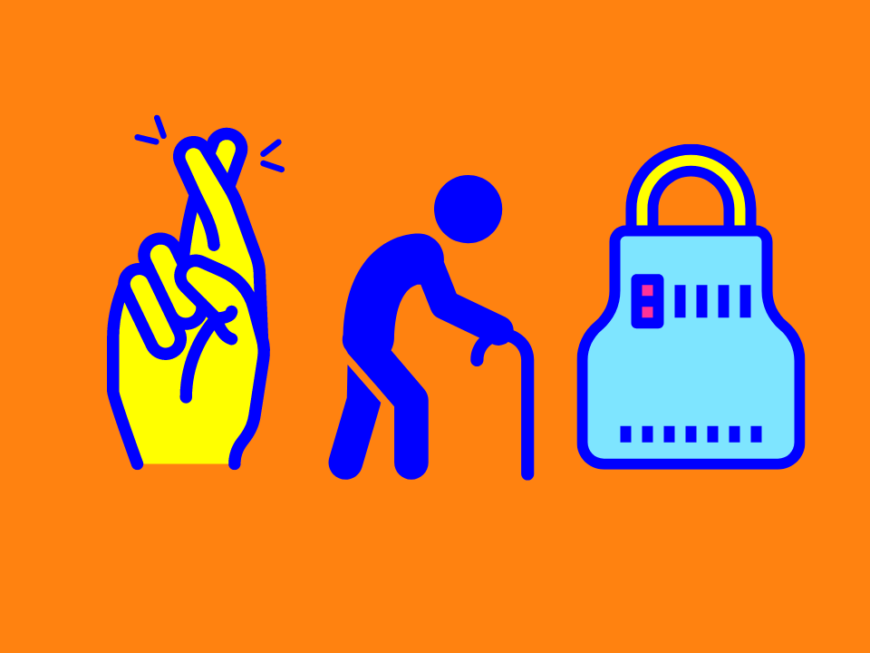“Sarah” wondered if I might have advice to help her help a friend, “Grace.”
While getting the background, I discovered that Grace is a “solo ager,” a term used to describe an adult, or couple, aging without the support of children or other close relatives.
Grace hadn’t been picking up her phone following a recent hospitalization. And because she lives in a condo with a locked entry, no one could gain physical access to her.
Grace was fine, but the days-long effort to confirm that was the case were worrisome for Sarah and other folks. To reduce future stress, I suggested a front door fob and a lock box.
A front door fob and a lock box can save a person’s life.
Condominiums often let residents buy an extra front door fob key. And if not, management might make an exception when the safety of an older adult, like Grace, is at stake.
Lock boxes are what realtors use to secure, and access, the keys to properties onsite. I wondered if Grace might be open to having one on her door, only to be used by friends in pre-determined cases, like if no one could reach her for more than 2 days.
I have a neighbor who’s ill and lives alone. I know the combination to his lock box—though he has family across town, I can get to him faster by running up one flight of stairs.
As for my mother, she once saved the life of a neighbor—a solo ager—who’d trusted her with a key: concerned that the woman had broken from her routine and not answered her phone or door, my mother entered her neighbor’s house to find her trapped between her bed and nightstand, less than a day from dehydrating to death.
But back to Grace…
Five Wishes can give people needing care a sense of control.
By Sarah’s description, Grace is fiercely independent.
Or perhaps it’s more fitting to say that’s how Grace imagines herself. Her reality—one marked by cognitive decline—is that she needs help but isn’t eager to talk about it.
I suggested Five Wishes as a way to start talking while putting Grace in the driver’s seat.
Written in plain language, Five Wishes is a care planning document that captures a person’s personal, spiritual, medical and legal wishes in one place. Also called a living will or advance directive, Five Wishes is legally-binding in all but four states: NH, OH, KS and TX.
Five wishes helps users express the following:
1. The person they want to make care decisions for them when they can’t.
2. The kind of medical treatment they want or don’t want.
3. How comfortable they want to be.
4. How they want people to treat them.
5. What they want people to know.
Beyond helping any of us let our preferences be known, Five Wishes can give caregivers clarity and confidence to make tough calls in critical situations.
Five Wishes is designed for people 18 and up.
Though not legally binding, My Wishes is a version of Five Wishes for children with serious illness, and Voicing My Choices is the version designed for adolescents and young adults.
If the pandemic has taught us anything, I hope it’s that we’re interconnected and interdependent. Clinging to notions of fierce independence only hurt us in the end.


Published by